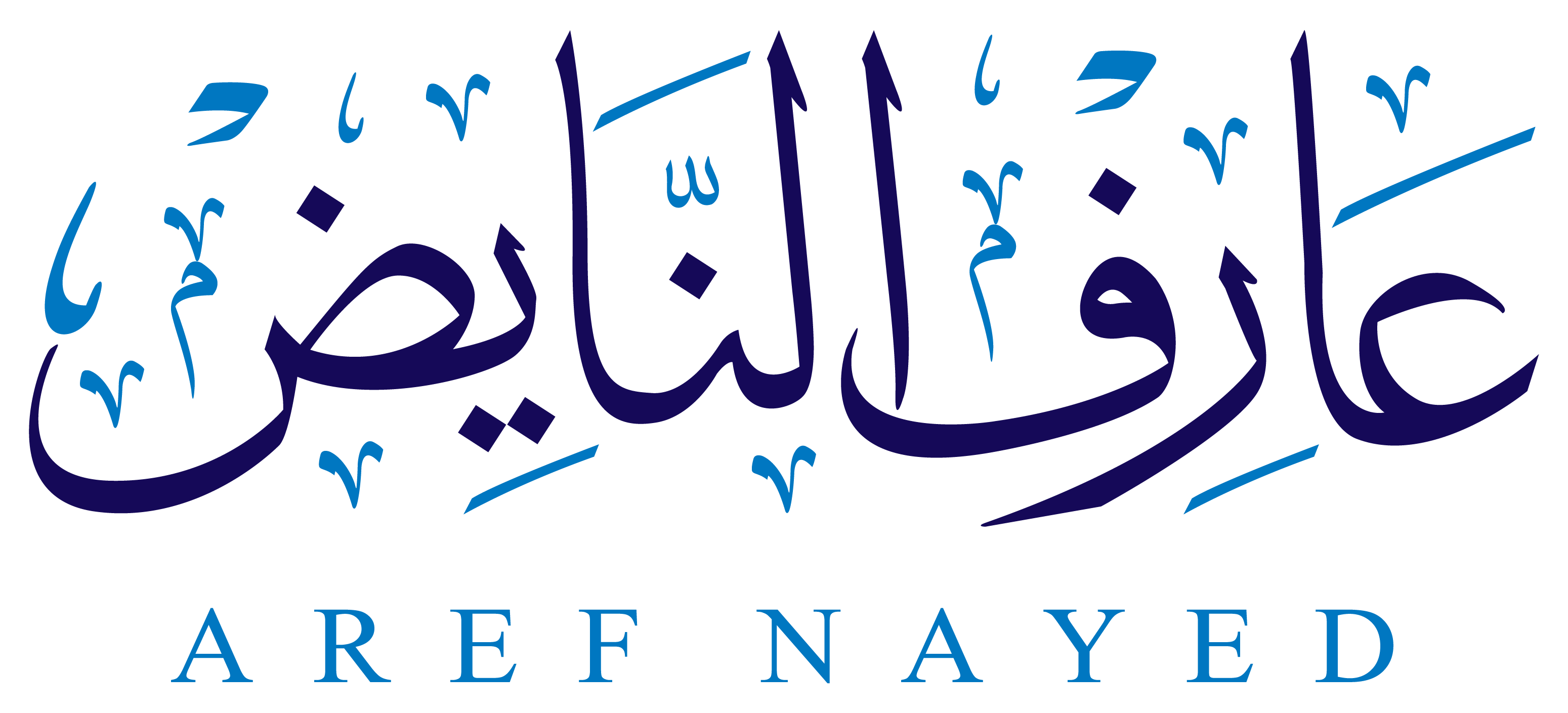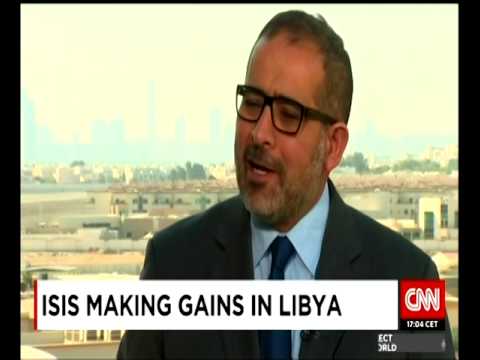Aref Ali Nayed was interviewed by CNN’s Becky Anderson on the current situation of ISIS in Libya. A transcript of their conversation is shown below.
Aref Nayed: Well I would describe Libya as a crash of a plane that was trying to rise and was hit by the sheer winds of extremism and Islamism ideology. It is a country that instead of building itself has become the ATM machine, the gas station, and the platform for ISIS – an increasing menace not only to Libya and our neighbors, but also to our neighbors to the north across the Mediterranean.
Becky Anderson: In an Op-Ed this week you wrote, and I quote, “The Libyan state failed to rise from the ashes of the 2011 uprising simply because another ‘state’ was the real aspiration of the Islamists: an ‘Islamic State’,” you say in inverted commas, and then refer to it as Daesh. You could be accused of lumping all your government’s Islamist opponents together.
Aref Nayed: Go and study the last video from ISIS in Tripoli. It was just released yesterday. The entire discourse and narrative is straight out of Said Qutb’s [Ma’allem-el-Tareeq] which is the main book of the Muslim Brotherhood’s ideologues. It is straight out of their thinking. This entire self-righteous declaration of others as infidels and then subjecting them to killings and kidnappings comes straight out of their vocabulary. Usama bin Laden belonged to the Muslim Brotherhood at one point. Dhawahari belonged to the Muslim Brotherhood, and I believe that the ISIS’s founders and narrative is completely Muslim Brotherhood based.
Becky Anderson: You have outlined a disaster recovery plan, and I have read it very, very carefully. It doesn’t include the intervention of the international community. Why?
Aref Nayed: It is because we’re not asking for paternalistic solutions. We’re independent people who believe in the independence of Libya, our young people – women and men – are brave, they are more than happy to defend their country. So we’re not asking for boots on the ground or for some army to come and invade us. That is not what we are asking for. What we are asking for is international cooperation. What we’re asking for is to be part of the international consortium against ISIS. What we’re asking for is a technical help, intelligence help, satellite imagery help, and a coordination effort.
Becky Anderson: Egypt called this week for the United Nations Security Council to mandate an international coalition to intervene in Libya and impose a naval blockade. Do you buy that?
Aref Nayed: You know when you call it a naval blockade; it sounds very dangerous and strange. What we’re asking for is to stop the flow of arms to the Islamist militias, which is continuous through the sea and through the air because they control several airports…
Becky Anderson: To what extent?
Aref Nayed: Vast. It’s daily. They also have daily flights that bring foreign fighters to Libya. They have just now – the so-called, you know, the pseudo-government in Tripoli – has just lifted visa requirements for Algerians and Moroccans, as if we need more foreign fighters. So they’re bringing in foreign fighters, they’re bringing in weapons from all over the world, and we are, as a government, not allowed to have weapons and ammunition to fighting ISIS and their affiliates through the UN embargo. Our applications for importation of these things are not being approved, meanwhile these people are bringing in weapons and fighters.
Becky Anderson: What is your sense of the short, medium, and long term future for Libya?
Aref Nayed: I believe that if the international community lives up to their recognition it has rightly granted to the duly elected parliament, and the government chosen by the parliament, it’s only logical that the international community support the legitimate Libyan Army. And if they do, and if they support us in our fight against terrorism – again, not by coming with an invading force or with boots on the grounds, but simply supporting our efforts and allowing the army to have the equipment it needs to conduct its operations with some intelligence and technical coordination – I think we will win this fight and will have elections, and a constitution to base that on, sooner rather than later. If the international community continues to play appeasement with the Muslim Brotherhood, and its output including these extremists – the ISIS and other affiliates – then we are in big trouble because then Libya will fall to their full control, and we’ll become the main platform for attacks on Europe.

